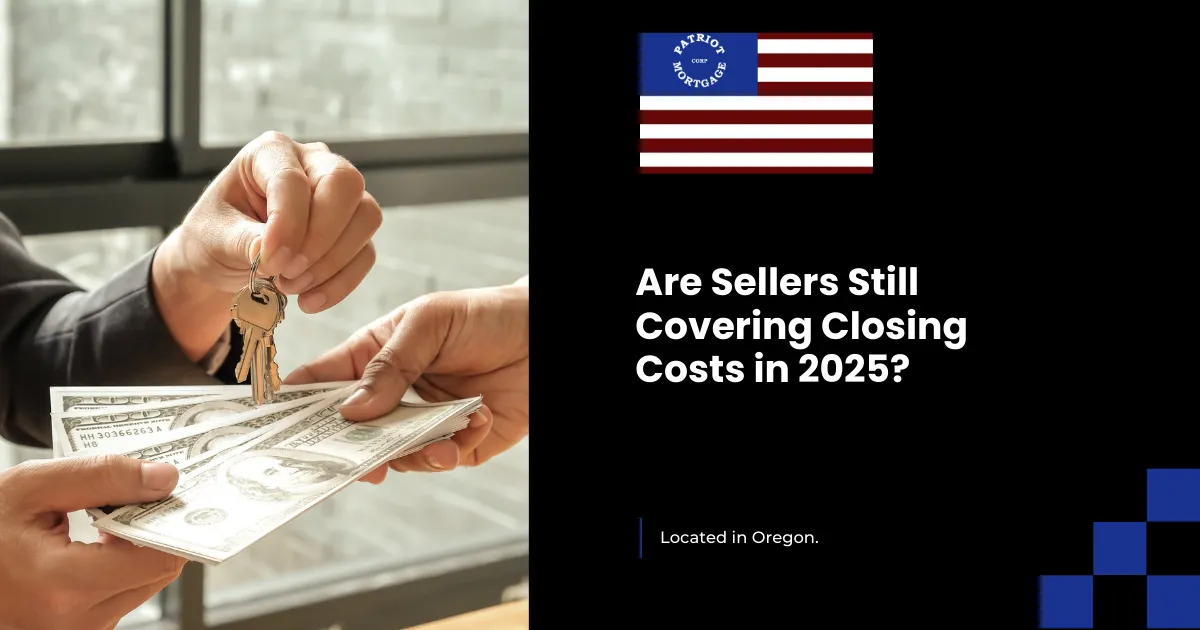
Are Sellers Still Covering Closing Costs in 2025?
Are Sellers Still Covering Closing Costs in 2025?
In the evolving real estate landscape of 2025, the dynamics between buyers and sellers have shifted, influencing who bears the burden of closing costs. Traditionally, buyers and sellers have each been responsible for their respective closing expenses. However, market conditions can sway this balance, leading to scenarios where sellers may agree to cover a portion of the buyer's closing costs to facilitate transactions.
Current Market Conditions
As of early 2025, the real estate market has experienced a modest shift towards favoring buyers. Elevated mortgage rates, hovering near 7%, coupled with rising home prices, have tempered buyer demand. This cooling effect has led to an increase in housing inventory, providing buyers with more options and negotiating power.
Seller Concessions on the Rise
In response to these conditions, sellers have become more amenable to offering concessions, including covering a portion of the buyer's closing costs. In this market everyone is paying closing costs as a selling incentive. This strategy aims to attract buyers who might be hesitant due to higher borrowing costs and property prices. Such concessions can make a significant difference, especially for first-time homebuyers who may be navigating affordability challenges.
It's important to note that while sellers can agree to pay some or all of the buyer's closing costs, these arrangements must be explicitly stated in the sales contract. The contract should specify the credit amount allocated towards the buyer's closing expenses to ensure clarity and mutual agreement.
Regional Variations
The prevalence of seller-paid closing costs can vary significantly by region. In Oregon, for instance, seller closing costs typically range from 2% to 6% and the typical amount to cover costs is 3% (Dependent upon loan size and property tax amount.) However, these figures can fluctuate based on local market conditions, the property's location, and the specific terms negotiated between the buyer and seller.
Conclusion
In the 2025 real estate market, the practice of sellers covering a portion of the buyer's closing costs has become more common, reflecting a more balanced or buyer-friendly environment. This trend underscores the importance of strategic negotiations and understanding current market dynamics for both buyers and sellers. As always, consulting with a knowledgeable real estate professional can provide valuable insights tailored to your specific situation.
Considering Buying or Selling a Home?
Navigating the complexities of closing costs and market conditions requires expertise. Whether you're a buyer seeking assistance with closing expenses or a seller aiming to make your property more attractive, professional guidance can make all the difference. Reach out today to explore your options and make informed decisions in this evolving market.
Social Media Links
YouTube



